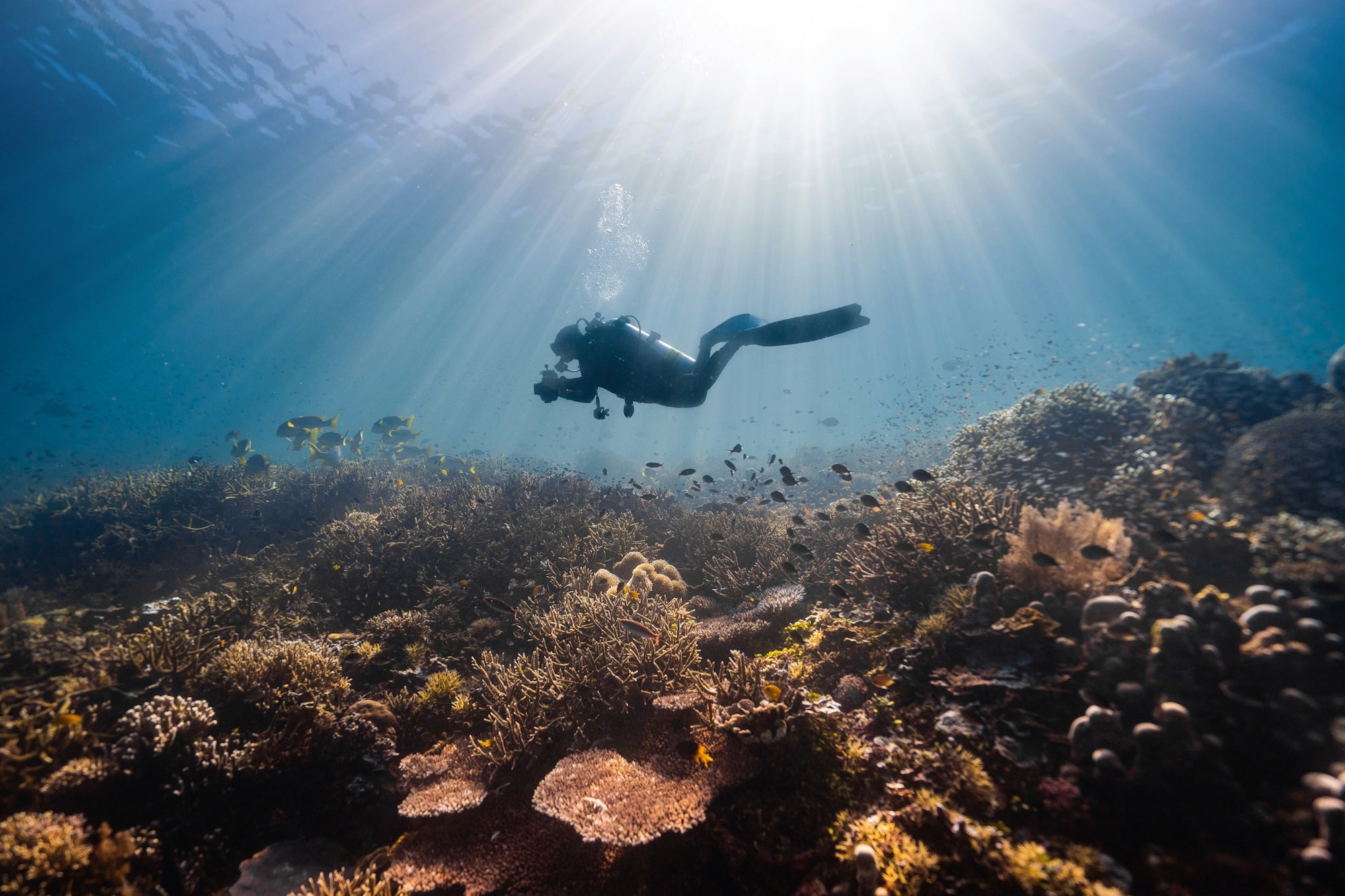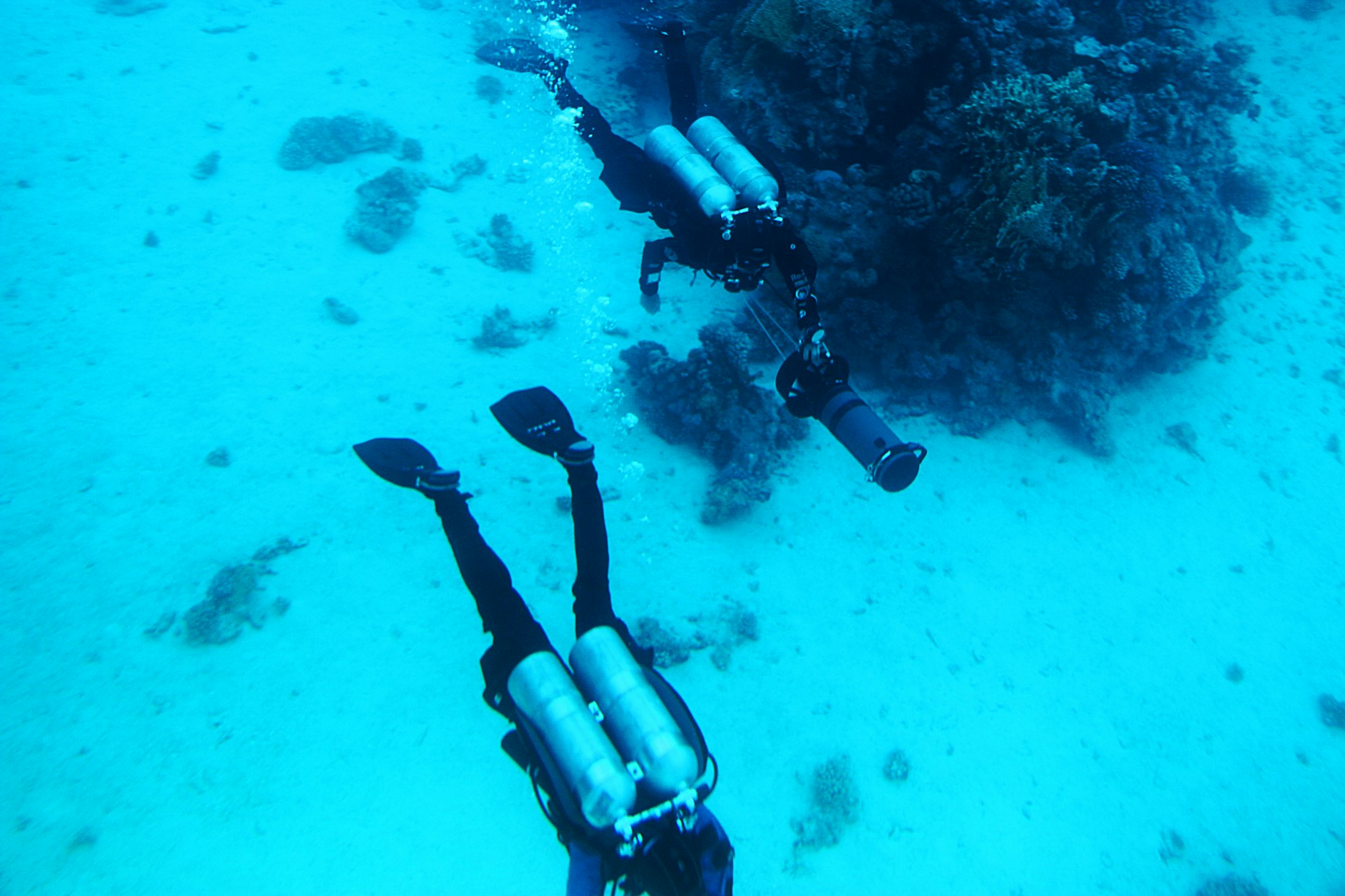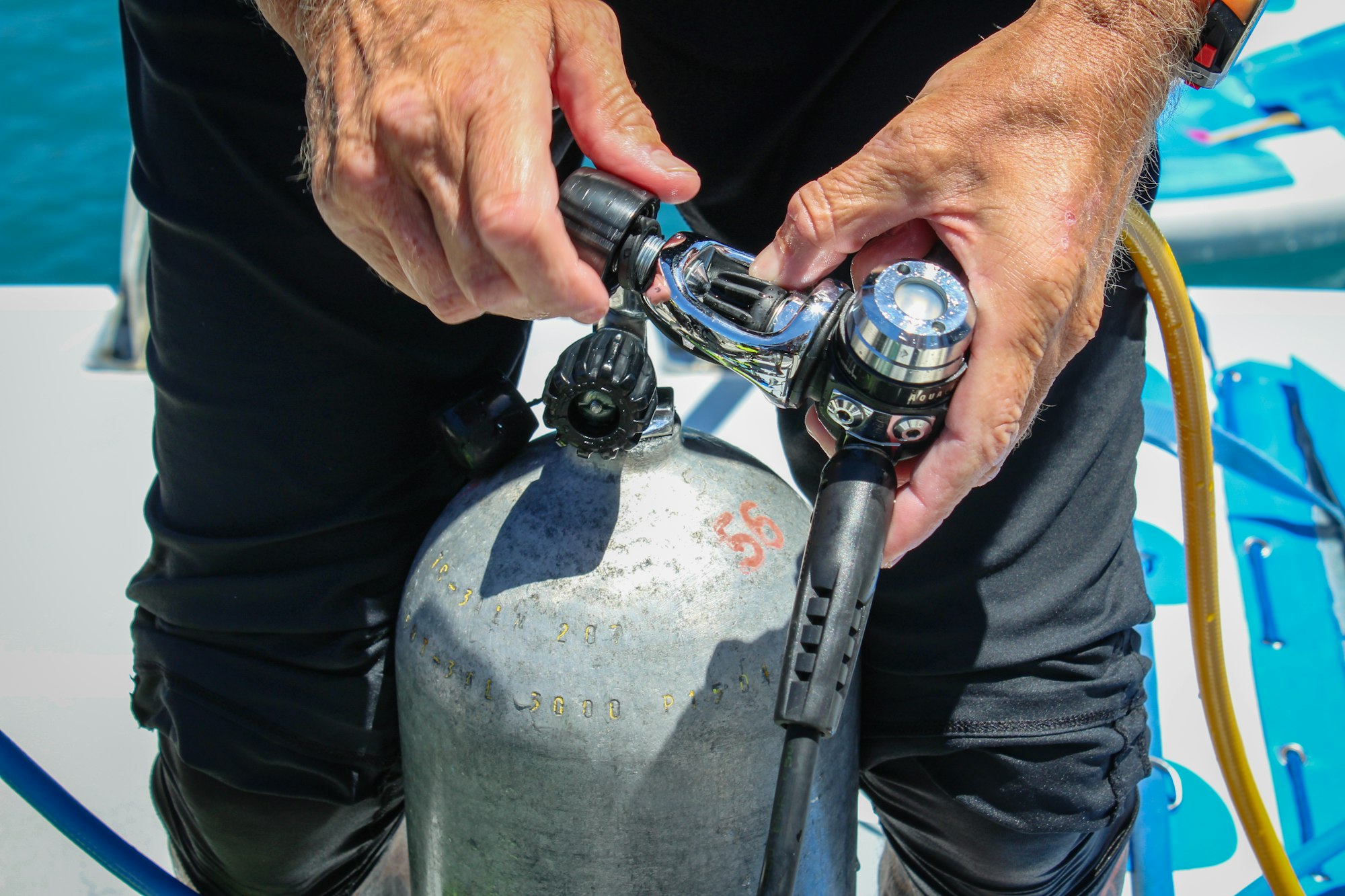Scuba diving is a recreational sport that allows people to dive below the surface of water to view the wonders of nature. It is used by many to explore caves, underwater environments, and even marine life. Some divers also use scuba equipment to conduct scientific experiments.
Diving has been popular for centuries, dating back to ancient Greece, when Greeks would float the other end of a hollow plant stem in the mouth. This allowed them to stay underwater for up to four hours. Throughout the 16th and 17th century, the diving bell gained in popularity. The early British inventors, such as Dr Edmond Halley, refined the diving bell, allowing for more movement and better scavenging.
When scuba diving, the diver wears an oxygen tank and a breathing tube called a regulator. These are designed to equalize the pressure of the air in the diver’s lungs and the water on the surface. Depending on the type of scuba used, the exhaled gas can either be released directly into the water or circulated around the diver’s body. For divers using a closed-circuit system, the oxygen is filtered out of the water before being released.
In addition to the gas cylinders, scuba divers have an equipment called a buoyancy control device. This device is a buoyant jacket that is attached to the diver’s body. The buoyancy control device is vital for safety and ensures that the diver is neutrally buoyant. A secret air bladder can also be filled to help maintain buoyancy.
Before a scuba diver can dive, they must complete a training program. During this program, the trainee will learn about diving techniques, such as entry and exit, equalisation of the air spaces, fining techniques, and clearing water from the mask. They also will complete pool exercises to make sure they have the basic skills.
Those who are qualified to teach others how to dive are known as dive masters or instructors. There are many national and state-legislated standards for commercial diving. In the United Kingdom, for example, the standard is set by the Health and Safety Executive.
Divers also need to be trained in emergency procedures. The most common under-water emergencies involve the loss of breathing gas, medical emergencies, or loss of depth control. To avoid these, divers should make sure their equipment is in good working condition. They should also keep records of their dives, the amount of time spent under the water, and the conditions they encountered.
While scuba is a recreational activity, it can be an extremely challenging one. Despite its advantages, the sport is not for everyone. Nevertheless, scuba diving can be a rewarding experience. People who enjoy the sport can find enjoyment in underwater exploration, exploring underwater caves, and photographing sealife.
Unlike most sports, scuba diving is not competitive. Most divers are not famous. However, those who have achieved an extraordinary amount of dives are well known. Professionals and special forces in the military often use their scuba expertise to prepare for projects.


